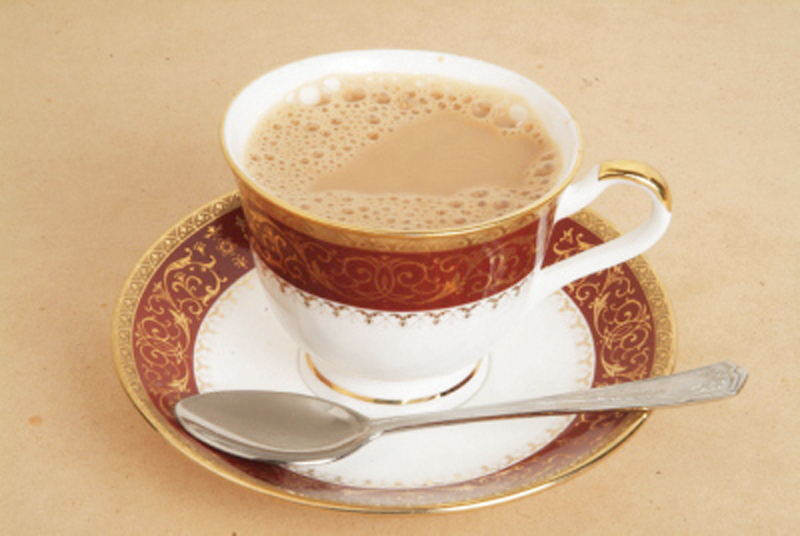
Drinking tea is considered one of Britain's favourite past-times, but its rituals have divided connoisseurs for centuries, and served as a social class marker.
The most contentious issue has been when to add milk, but a poll published on Tuesday reveals that four times more Britons believe that it should be poured in at the end, rather than the beginning.
The YouGov Omnibus survey found that 79 per cent favoured adding milk last, with 20 per cent disagreeing.
British Prime Minister sets out plan for post-Brexit customs: BBC
The split was even more marked across the generations, with 96 per cent of 18-24 year-olds believing it should be added first, compared to 32 per cent of over 65-year-olds.
The issue was tackled by author George Orwell in his 1946 essay "A Nice Cup of Tea", where he wrote "indeed in every family in Britain there are probably two schools of thought on the subject".
It was believed to have class connotations, with the aristocracy showing off their expensive china cups by adding boiling water first a practice that would reputedly shatter cheaper vessels.
But the latest poll indicates no preference according to class, with the middle and working classes both equally likely to add their milk in first.



1731975305-0/Untitled-design-(40)1731975305-0-165x106.webp)
1731975060-0/Untitled-design-(39)1731975060-0-165x106.webp)












COMMENTS (2)
Comments are moderated and generally will be posted if they are on-topic and not abusive.
For more information, please see our Comments FAQ